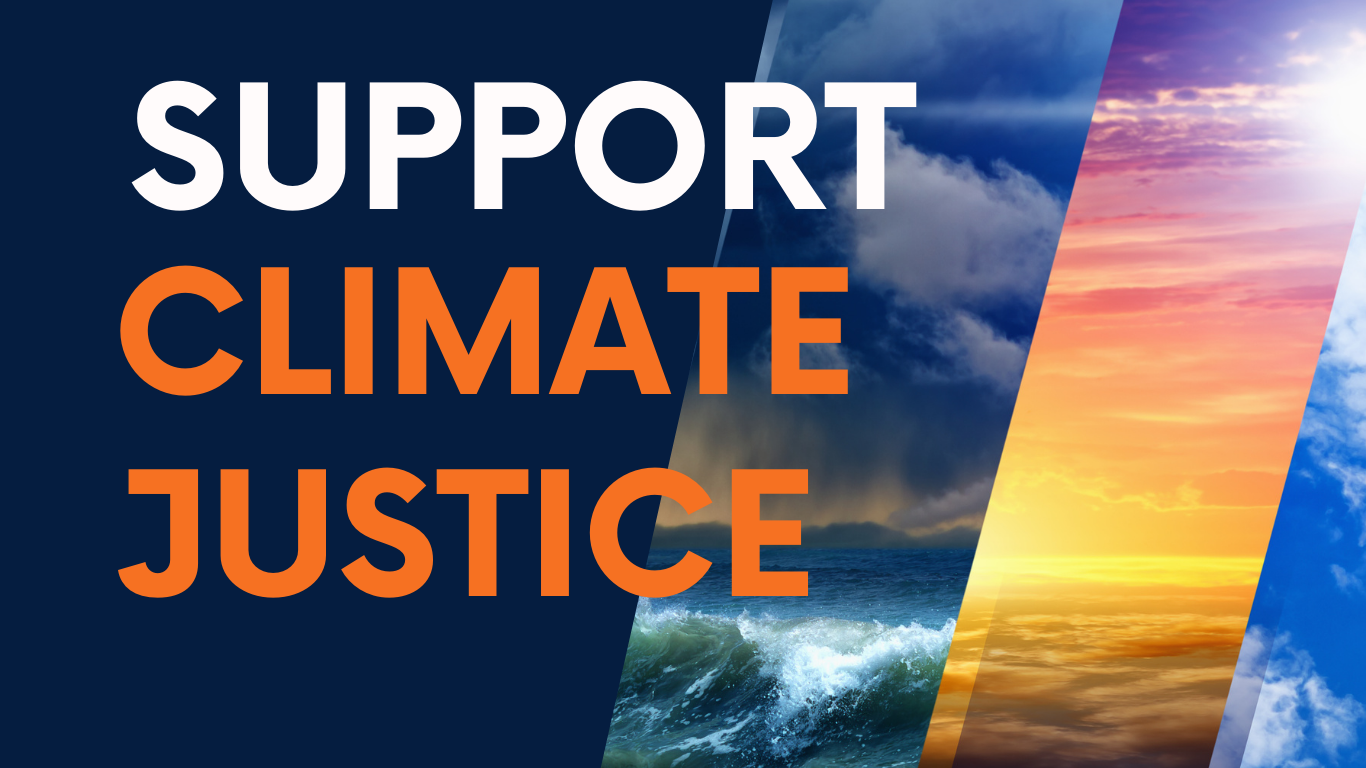Undoubtedly, the industrialization of the Global North is directly responsible for the majority of greenhouse gas emissions (GHG) contributing to climate change today. Over the past two centuries, those countries created and mastered systems that still continue to control the world. Those systems have not only perpetuated the historical dehumanization of millions of people but are inherently driving the climate crisis to new frontiers — disproportionately impacting the descendants of the historically oppressed people in the process.
A mouthful, I know. I had to kinda get it out. The realities of climate change can boil the blood, literally. But musing on this Sunday morning, I really want to talk a little about climate justice, kinda try to wrap my head around it.
See, I don’t really like terms like “marginalized” and “underserved” when speaking about my people. As if though we were “happened” outside the “margin” or somehow have to be “served” something.
Let’s be real. Lands were plundered. The indigenous people of the Caribbean were whipped out. Africans were “cargoed” by the millions to create the New World. The wealth of these first-world nations, these now serial GHG emitters, was built by the strength of my forefathers’ backs.
As James Baldwin puts it, “I picked the cotton, and I carried it to the market, and I built the railroads under someone else’s whip for nothing.”
The Famous Baldwin-Buckley Debate Still Matters Today
Eric Williams, historian and first Prime Minister of Trinidad and Tobago in his “Capitalism and Slavery”, explains how the Europeans in their pursuit to utilize the land stolen resorted to kidnapping and enslaving themselves, yes other Europeans to do the work of nation-building. They proved to be – say – brittle.
It was the enslaved Africans who had the fortitude to withstand the New World climate, which was similar to their own, and build the economic colonial powerhouses of Spain, France, Denmark, England and let us not forget the United States. The US fought a straight-up war to keep people enslaved. Damn. Their role in the use of forced labor to extract wealth is well documented.
When the countries of the now global north were done with the Caribbean and the Americas, they turned their eyes to African and Asian (again) and perpetuated the same system of coloniality on those peoples, and in the process extracted the wealth of their land.
By now, it may seem that I have gone on a tangent but stay with me. My friends, the wealth accumulated through the centuries of slavery and colonial rules was used to jumpstart a new and more violent age, the Industrial Revolution.
This so-called revolution, which is largely agreed as having begun in the United Kingdom, was marked by the smog that bellowed the British Isles. Long before the 1952 “Great Smog” which killed thousands in England, the domestic hearths and factories drove a surge in emissions. And profits.
Burning coal and fossil fuels as a source of energy eventually became widespread and synonymous with life.
The model, created by the UK, would be adapted across Europe and America, and eventually the rest of the world. (Note: Even today, asking countries to break away from this practice and go “net-zero” has proven to be the challenge of the century.) These countries would contribute to 92% of the excess global carbon emissions. In the 1980’s the Brandt Line was created to show how the world was geographically slipt into richer or poorer nations. Those in the northern hemisphere, with the exemption of Australia and New Zealand, are relatively richer than those nations in the Southern Hemisphere in this classification. Go figure.

History will prove that those “Less Developed” countries were the nations that fell victim to colonial rule, enslavement, and unfettered resource extraction from the “developed countries.” This laid the foundation for the disparities that exist today, and why there has to be an acute “focus on climate justice, which looks at the climate crisis through a human rights lens”, the United Nation suggest.
Mary Robinson, former President of Irland, a country known as one of those historic emitters, believes a “shift from a discourse on greenhouse gases and melting ice caps into a civil rights movement with the people and communities most vulnerable to climate impacts at its heart” is what must be done.
Organizations like Climate Justice Alliance wants to foster more community base organizations and to find solutions to the “Western world’s extractive industrial systems that are eroding human’s primary means of existence on the planet.”
They believe that effective climate crisis solutions honor human rights and the rights of nature. We totally agree!
UNICEF also believes that having a people-centered approach to climate action will yield more fruitful results as well. They emphasize that understanding not everyone contributed to climate change, in the same way, is important.
“The climate crisis is the result of a system that prioritizes profit over sustainability. As such, solutions will require a transformative systems lens and approach. Approaches that address the unequal burdens in certain communities and which realigns the economy with natural systems.” The organization states.
This is very true, but we recognized it can be a very difficult conversation to have for a lot of reasons, but maybe, one that we should look into starting now.







